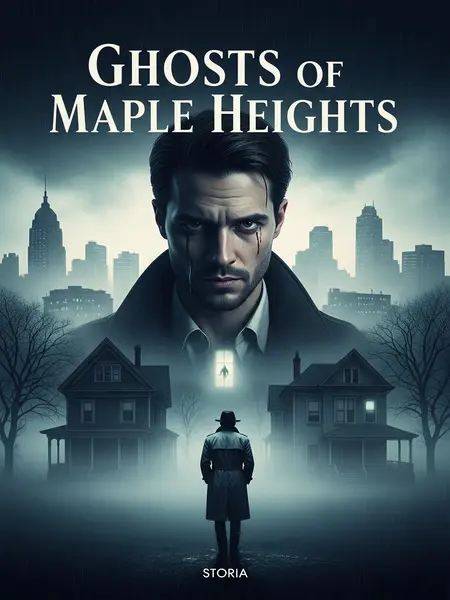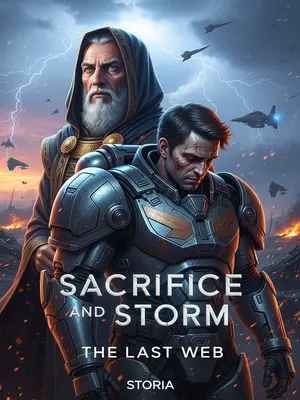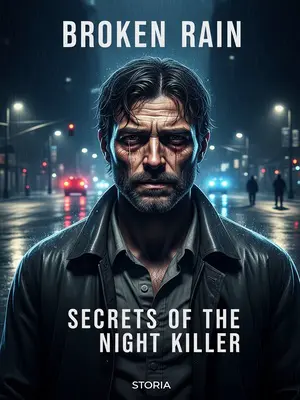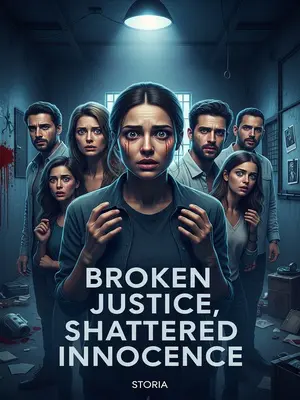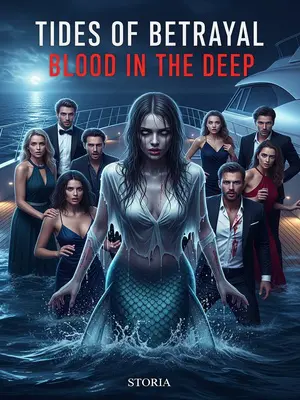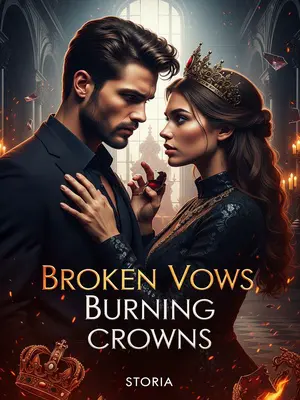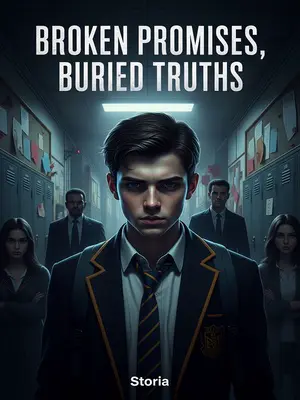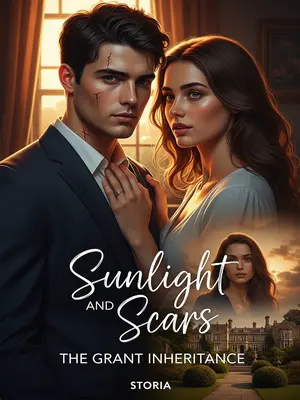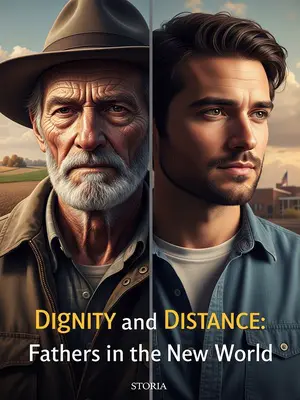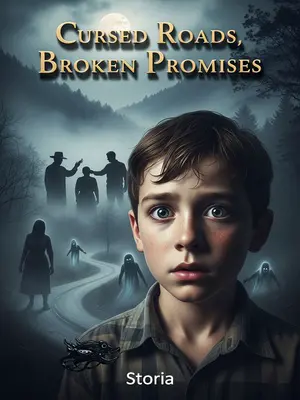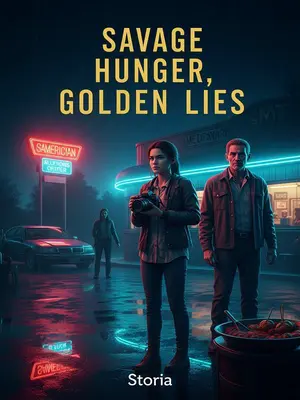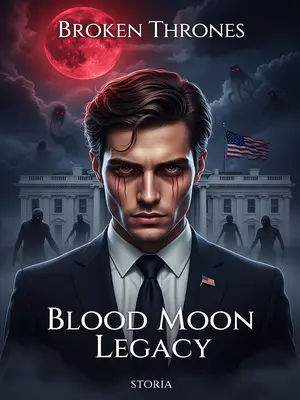Chapter 3: The Warning
I’d always wondered what happened to him—if grief had swallowed him whole, or if something darker forced him away. His sudden disappearance left a hole in the story I never managed to fill.
That special report, though, landed me my job at the Gazette. As for David—whether he ever found his daughter—I never did learn the answer.
Sometimes, late at night, I’d think about those missing kids, the haunted faces of their parents, and the man who’d tried to keep hope alive. And now, here he was—a shell of the person I remembered.
I asked Marcus for more info on David. After his daughter vanished, his wife got sick from grief and died of cancer two years ago. David quit the hospital, opened a small clinic, but that closed six months back. Deep in debt, he took a job as a factory security guard. Then, on his way home from work, he crossed paths with Nick Foster.
Marcus spoke in a low, almost reverent tone, like reading a eulogy. The facts were cold, but the pain behind them was raw. David’s life had unraveled, one thread at a time, until there was almost nothing left.
Looking at the gray-haired, beaten-down man before me, I felt a sharp ache in my chest. Five years ago, David had it all—a great job, a loving family. Now, in his early forties—the prime of life—he looked like a man who’d lost every last reason to keep going.
His eyes were empty, but when he glanced up, I caught a flicker of recognition. It vanished instantly, swallowed by that haunted look I’d seen in so many parents who’d lost a child.
Nick Foster’s background couldn’t have been more different. He’d been to prison twice, ran a loan shark business dressed up as a "private finance company," and was infamous for all sorts of shady deals.
His rap sheet was a mile long—assault, threats, extortion. The kind of guy you crossed the street to avoid. Hard to see him as anyone’s victim, but here we were.
The contrast between their lives made me want to help David.
I felt a hot surge of anger at how unfair the world could be, and a stubborn urge to do something—anything—to help tip the scales back, even a little.
“I’ll take a copy of these files for a feature,” I said, copying both men’s info onto my USB drive.
I watched the progress bar crawl across the screen, the weight of responsibility pressing down on me. This story mattered.
“You trying to help him?” Marcus asked.
He studied me, sharp but not unkind. He knew the feeling—he’d been there too.
“He had a wife and daughter once. Now he’s got nothing.”
I opened a five-year-old photo of David and his family and let out a long sigh.
The picture was faded, colors washed out, but the smiles were real. It was a snapshot of a life that had vanished, and I felt the ache of loss deep in my gut.
Marcus looked at the photo for a long time, then warned, “Don’t go writing anything reckless.”
His voice was soft, but there was iron in it. He knew how fast a story could spiral, how words could turn into weapons if you weren’t careful.
“I know my limits,” I said, trying to sound sure of myself.
But the truth was, I’d never felt the stakes this high. The line between right and wrong had never looked so thin.
That night, I wrote a feature on David Alvarez and Nick Foster and posted it online. I didn’t dress it up—just told the truth, plain and simple.
I pored over every word, triple-checking facts, letting the humanity of both men show through. I wanted people to look past the headlines, to feel the pain and desperation that led to that bloody night.
The article took off like wildfire. People started digging into both men’s pasts. David’s tragic story and Nick’s criminal history were everywhere. At first, folks thought David went too far—maybe even murdered Nick. But soon, most agreed Nick was the real aggressor and David had acted in self-defense.
The comment sections exploded. Hashtags like #JusticeForDavid and #NickFoster trended. Channel 5 News ran special segments, and radio hosts like Big Mike on 97.1 FM debated every detail. For a few days, it felt like the whole city was watching, waiting.
Two days later, the Maple Heights Police Department announced that, after investigation, David’s actions counted as justifiable self-defense. He was released with no charges. People online cheered the decision.
Folks called it a rare win for the little guy. I watched the news conference from my couch, phone buzzing with texts from friends and coworkers. For once, the system seemed to get it right.
Marcus called to tell me the case had been brutal, but "orders from the top" led to the self-defense ruling. “You helped make this happen,” he said.
His voice was quiet, almost embarrassed, but I could hear the gratitude underneath. I felt a weird mix of pride and guilt—pride for helping, guilt for how much sway my words had.
Relieved, I started organizing my case notes and articles on my hard drive. As soon as I booted up, a new email popped in. The sender was "Seeker of Justice." Attached was a ten-second audio clip. I hit play, curiosity prickling at my skin.
The file was grainy—voices tense, urgent:
“Brody, have you thought it over?”
“Nick, don’t push it. If the boss finds out, we’re both dead!”
The clip sent chills down my spine. Was there more to Nick’s death than we thought? Marcus had said their investigation found no link between Nick and David; it was supposed to be random. Was someone screwing with me?
The hairs on my arms stood up. The voices sounded real—too real to ignore. I replayed the clip, listening for anything familiar, a cold knot forming in my gut.
